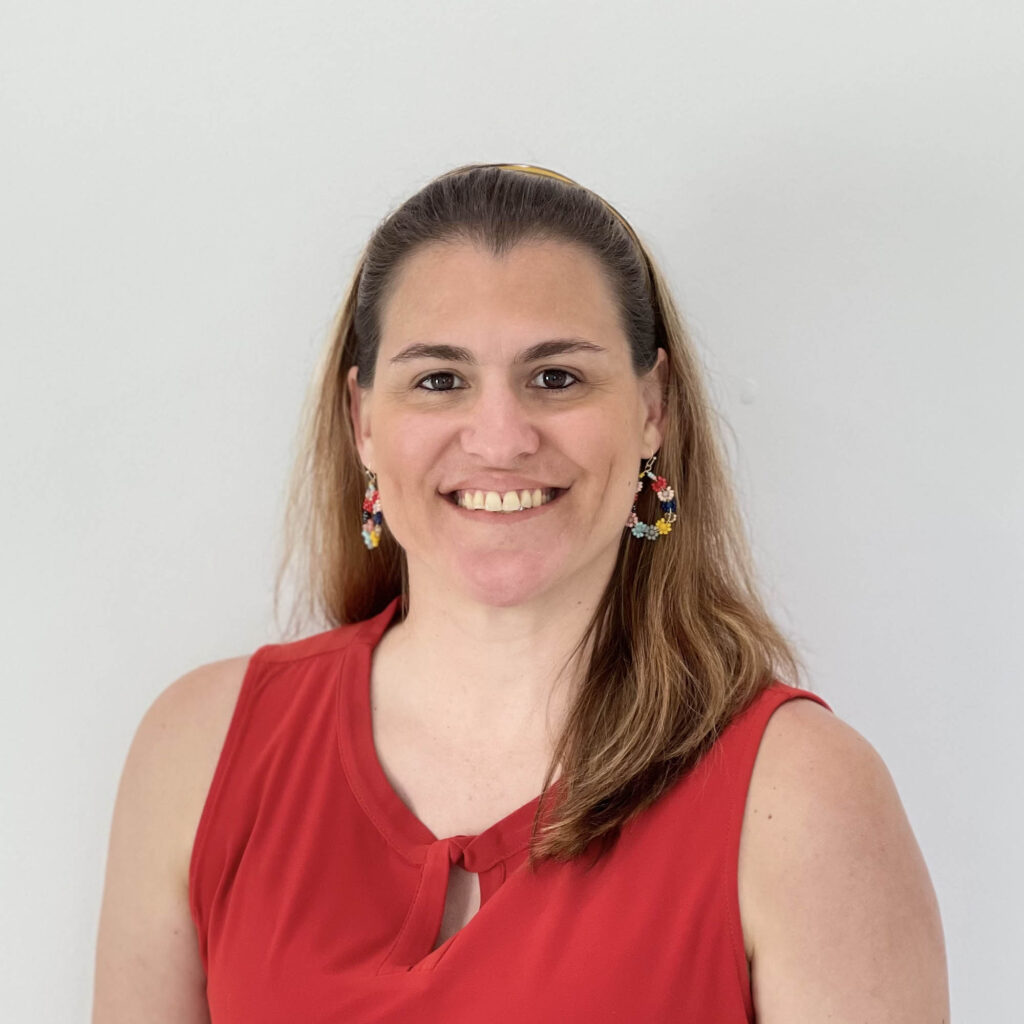

Event Organizer
The Lynn J. Darby School of Psychology and Adolescent Counseling.
The Gainesville Renaissance Building is located at 106 Spring St. SW, Gainesville, GA 30501 on the downtown Gainesville square. Enter the building through the main door on the side of the building that faces the Gainesville courthouse as well as a small courtyard (on the same end of the building as Cotto Modern Italian restaurant). Take the elevator up to the second floor. FREE parking is available in the Main Street parking deck located directly behind the building.
Brenau University Downtown Center Parking Garage
301 Main Street SW, Gainesville, GA 30501
(The parking garage is located directly behind the Gainesville Renaissance)
Traumatic experiences can result in both short-term and long-term physiological changes to a person’s central and peripheral nervous systems. These physiological responses to trauma contribute to how people interpret their own reactions to trauma, how they respond to future traumatic and non-traumatic situations, and how they respond to therapeutic interventions. In this workshop, the presenters will provide a review of select central and peripheral nervous systems structures and functions as well as how they are related to short-term and long-term reactions to trauma. In addition, the presenters will describe the therapeutic interventions of Trauma-Focused Cognitive-Behavioral Therapy (TF-CBT) and Eye-Movement Desensitization Reprocessing (EMDR). Finally, the presenters will identify the ways in which these therapeutic interventions address physiological components of the trauma response to better facilitate improved functioning in our clients.
3 CORE Hours in-person (synchronous) contact hours of continuing education have been approved by the Licensed Professional Counselors Association of Georgia (LPCA CE Approval # 2024-09-27-7049S).
3 CORE hours of continuing education have been approved by the Georgia Society for Clinical Social Work (GSCSW CEU Approval # 091424).
The Georgia Psychological Association has granted this program with GPA-Approval. GPA-Approval allows for psychologists to apply this program to Georgia licensure CE requirements under Area IV. Please check with other states on eligibility for credit. 3 hours of CORE credit for psychologists is awarded for this CE program. (GPA CE Reference # 24.10.18) (Level of Workshop: Basic to Intermediate. Prerequisites: None.
| Time | Activity |
|---|---|
| 8:30 – 9:00 AM | Check-In/Login |
| 9:00 – 9:10 AM | Welcome: Introduction of speakers and overview of workshop |
| 9:10 – 9:45 AM | Review basic functions of the nervous system and brain. |
| 9:45 – 10:20 AM | Explain how the nervous system and brain react to trauma, including the immediate response to trauma (e.g., flight/fight/freeze) as well as longer term responses to trauma (e.g., physical, emotional, and social problems). |
| 10:20 – 10:35 AM | Break |
| 10:35 – 10:55 AM | Describe Trauma-Focused Cognitive Behavioral Therapy (TF-CBT) |
| 10:55 – 11:20 AM | Discuss how TF-CBT addresses physiological components of the trauma response |
| 11:20 – 11:40 AM | Describe Eye-Movement Desensitization Reprocessing Therapy (EMDR) |
| 11:40 AM – 12:05 PM | Discuss how EMDR addresses physiological components of the trauma response |
| 12:05 – 12:15 PM | Question/Answer period; Complete Evaluations |
** You will receive a confirmation email with the in-person workshop session(s) location and payment total. Contact Dr. Marshall Bruner at mbruner@brenau.edu if you do not receive this confirmation.
A 30% cancellation fee will be charged for any cancellations prior to October 11, 2024. No refunds will be given after October 11, 2024.
Paid reservations may not be transferred to other individuals.
Important Messages for Lynn J. Darby School of Psychology and Adolescent Counseling Graduate Students ONLY: You will receive three Professional Development activity credits by attending. You are encouraged to sign up early to reserve your spot for this professional development event. HOWEVER, if you decide at any time that you cannot attend this event, you MUST cancel your reservation. Otherwise, you will not be invited to the next two professional development events hosted by Brenau, and you will not receive Professional Development credits even if you do attend those events.

Julie V. Battle, Ph.D. is a Professor of Psychology who serves as the Chair of the Lynn J. Darby School of Psychology and Adolescent Counseling at Brenau University. She received her Ph.D. from the University of Houston in 1998 and then completed a post-doctoral fellowship at Emory University. She works clinically in the area of forensic psychology. Her areas of expertise include Forensic Interviewing, Posttraumatic Stress Disorder, Victimization, Sexual Abuse, and Child Abuse Prevention. Dr. Battle is a licensed psychologist who works with law enforcement and DFCS in child sexual abuse, physical abuse, and other child trauma cases. Her role is to conduct forensic interviews with children who have made allegations of abuse and to serve as an expert witness in court when these cases are prosecuted. Since 2000, she has conducted over 2500 forensic interviews and has testified in court as an expert witness over 155 times. Dr. Battle also works with the Georgia Department of Behavioral Health and Developmental Disabilities conducting competency to stand trial evaluations. Finally, Dr. Battle has done a number of presentations at conferences as well as to various groups (e.g., law enforcement officers, therapists, coaches) on topics including mandated reporting, differences between forensic interviewing and therapy, disclosure of sexual abuse, prevention of sexual abuse, the physiology of trauma and testifying in court.
Tanya Acosta is a Licensed Professional Counselor in Georgia and Florida. She received her Master of Science in Clinical Counseling Psychology from Brenau University in 2018, where she specialized in both trauma and cultural differences. She is an Assistant Professor of Psychology in the Lynn J. Darby School of Psychology and Adolescent Counseling Services and maintains a clinical practice. Her areas of clinical expertise include the treatment of child and adolescent abuse, sexual abuse, posttraumatic stress disorder, complex trauma, stress, and family systems. Tanya works with clients and their families to understand and dismantle intergenerational cycles of abuse, promoting resilience and developing safety skills. She is trained in various trauma treatment modalities, including TF-CBT, EMDR, and CPP. Tanya is an advocate for culturally competent care and is bilingual in Spanish and English.

Other than receiving a small stipend for this presentation, neither presenter is receiving any financial support related to this presentation. In addition, neither presenter has any conflicts of interest related to the presentation.
In this workshop discussion about cultural diversity will be highlighted in the form of being aware of personal biases and values, while being sensitive to ethnicity, religion, gender, and socioeconomic status of individuals in therapy for trauma-related issues. When working with clients on trauma-related issues, clinicians need to be cognizant of their behaviors and language to explain and demonstrate acceptance of the diversity of those involved. Clinicians may need to refresh their knowledge about a specific culture or religion to ensure receptiveness to the powerful influence in the relationship. A family’s cultural background often influences their views, and this may need to be considered and discussed in therapy to maximize the effectiveness of the therapeutic intervention.
Dixon, K. (2024). The brain under sexual attack: A brief report on neurobiological disturbances in trauma memory. Psychological Trauma: Theory, Research, Practice, and Policy. Advance online publication. https://dx.doi.org/10.1037/tra0001694
Perry, B. & Szalavitz, M. (2017). The boy who was raised as a dog: And other stories from a child psychiatrist’s notebook. Hachette Book Group.
Van Der Kolk, B. (2014). The body keeps the score: Brain, mind, and body in the healing of trauma. Penguin Group.
Pierce, Z. P., & Black, J. M. (2023). The neurophysiology behind trauma-focused therapy modalities used to treat post-traumatic stress disorder across the life course: A systematic review. Trauma, Violence, & Abuse, 24(2), 1106–1123. https://doi.org/10.1177/15248380211048446
Siracusano, A., Rossi, S., & Rossi, A. (2019). Psychological and brain connectivity changes following trauma-focused CBT and EMDR treatment in single-episode PTSD patients. Frontiers in Psychology, 10. https://doi.org/10.3389/fpsyg.2019.00129
Landin-Romero, R., Moreno-Alcazar, A., Pagani, M., & Amann, B. L. (2018). How does eye movement desensitization and reprocessing therapy work? A systematic review on suggested mechanisms of action. Frontiers in Psychology, 9. https://doi.org/10.3389/fpsyg.2018.01395
Pierce, Z. P., & Black, J. M. (2023). The neurophysiology behind trauma-focused therapy modalities used to treat post-traumatic stress disorder across the life course: A systematic review. Trauma, Violence, & Abuse, 24(2), 1106–1123. https://doi.org/10.1177/15248380211048446
Brenau University is approved by the Georgia Psychological Association to sponsor this continuing education program for psychologists. Brenau University maintains responsibility for this program and its content.